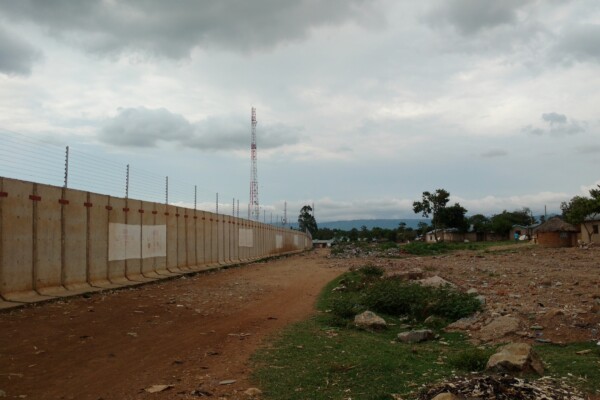
Voices from Tanzania – Social and economic impacts of land acquisition by Barrick North Mara Gold Mine in Tanzania: A case study of Komarera, Kewanja and Mjini Kati villages in Tarime District
June 19, 2024This publication is part of IPIS’ Voices from Tanzania series and its edition on “The impact of land acquisition practices in the extractive sectors of northern Tanzania”. In their Voices from Tanzania study Himiza Social Justice assesses the socio-economic impacts of land acquisition practices by the industrial Barrick North Mara gold mine on 3 villages in Tarime district, Mara region. Downl
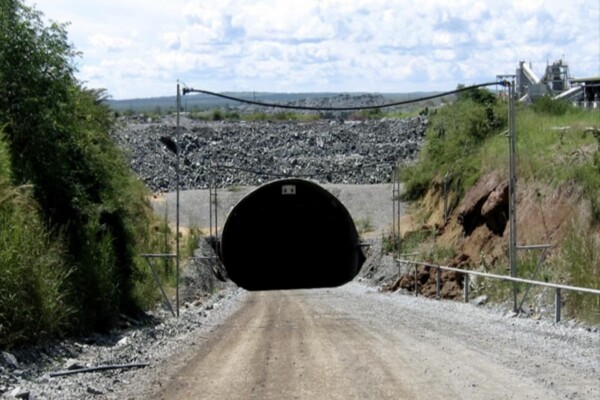
Voices from Tanzania – The social-economic impact of land acquisition practices related to Bulyanhulu Gold Mine on communities in Msalala district council, Shinyanga region
June 17, 2024This publication is part of IPIS’ Voices from Tanzania series and its edition on “The impact of land acquisition practices in the extractive sectors of northern Tanzania”. In their Voices from Tanzania study Rafiki SDO assesses the socio-economic impacts of land acquisition practices by the Bulyanhulu gold mine on 2 villages in Msalala district council, Shinyanga region. Download the report (EN) P
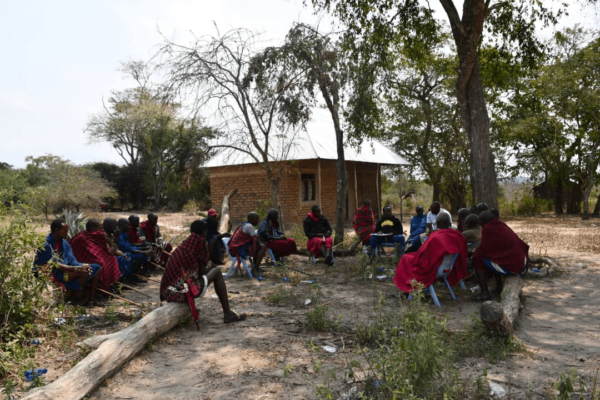
Voices from Tanzania – Small-scale producers’ awareness and involvement in the process of land acquisition for the East Africa Crude Oil Pipeline: The case study of Kilindi district in Tanga region
June 11, 2024This publication is part of IPIS’ Voices from Tanzania series and its edition on “The impact of land acquisition practices in the extractive sectors of northern Tanzania”. In their Voices from Tanzania study HAKIARDHI assesses the level of awareness and involvement of small-scale producers in the land acquisition processes for the East African Crude Oil Pipeline (EACOP) in 2 villages of Kilin
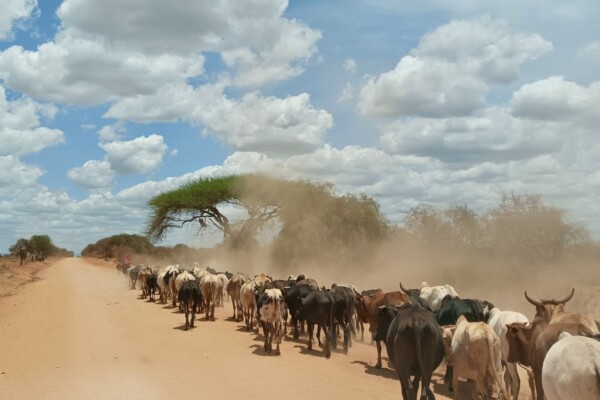
Voices from Tanzania – The impact of land acquisition processes for the East African Crude Oil Pipeline project on communities in Kiteto district, Manyara region
June 5, 2024This publication is part of IPIS’ Voices from Tanzania series and its edition on “The impact of land acquisition practices in the extractive sectors of northern Tanzania”. In their Voices from Tanzania study Kinnapa Development Programme discusses the impact of land acquisition processes for the East African Crude Oil Pipeline (EACOP) project on 3 village communities in Kiteto district, Manyara re

Consultancy opportunity: Mid-term evaluation IPIS-Search joint DGD programme (Belgium, Burundi, DRC, Tanzania)
May 28, 2024Context of the Programme These Terms of Reference (ToR) outline the joint evaluation process for the ‘United for Peace and Sustainable Development in Fragile and Conflict-Affected Settings’ programme, encompassing the Mid-Term Evaluation (MTE) and the potential for the consultant team to undertake the Final Evaluation. This programme is jointly implemented by International Peace Information Servic
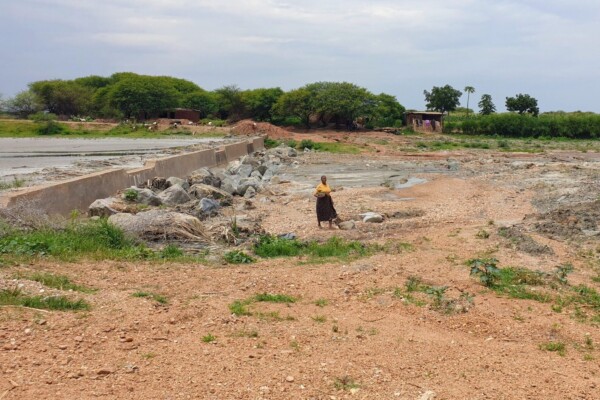
Petra Diamonds’ attempts to come clean with its tarnished past in Tanzania
November 9, 2023Challenges in securing access to remedy and restoring community relations after serious human rights abuse at the Williamson diamond mine This report assesses the efforts by Petra Diamonds to restore community relations and remediate the legacy of serious human rights abuse at its Williamson diamond mine in Tanzania. Download the report The Williamson Diamonds mine, adjacent villages a
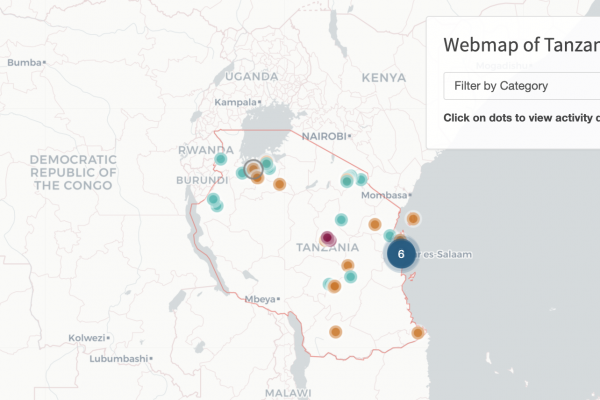
Webmap “Business and Human Rights in Tanzania”
August 18, 2021This interactive map presents an overview of the main project activities and output that IPIS and its project partners CHRAGG and BHRT have delivered as part of their project to “Improve monitoring, research and dialogue on Business and Human Rights in Tanzania ”. This project ran from December 2017 until February 2021. The map locates project activities in Tanzania and allows you to find out more
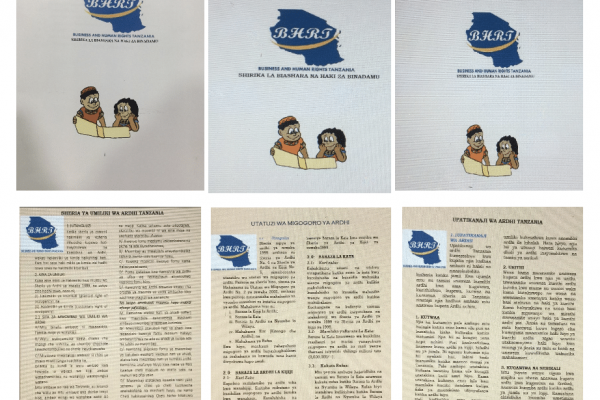
Knowing your rights: awareness raising on land and environmental rights and access to justice in rural communities of Tanzania
May 3, 2021As part of the EU-funded project “Improving monitoring, research and dialogue on Business and Human Rights in Tanzania”, Business and Human Rights Tanzania (BHRT) has been conducting public education campaigns in remote rural areas of Tanzania. This activity aimed to support individuals and communities affected by or vulnerable to corporate harm to claim their rights and access justice in order to
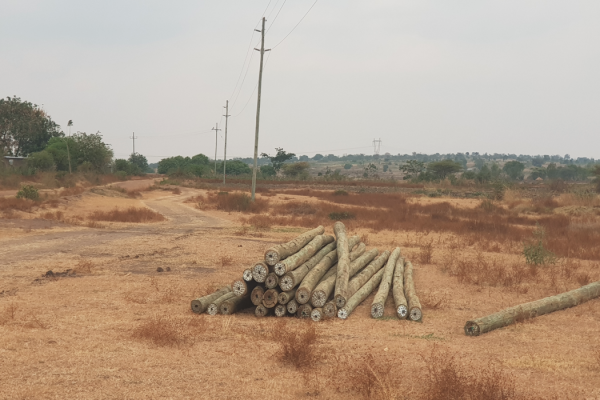
Voices from Tanzania – The human rights impact of large-scale infrastructure projects: Case studies on Business & Human Rights
April 1, 2021The Voices from Tanzania series supports local field-based studies into business and human rights topics in Tanzania. This third volume presents five cases studies that focus on the human rights impact of large-scale infrastructure projects. Download the study (EN) Pakta muhtasari kwa kiswahili (SW) The studies assessed the human rights impact of 3 energy supply projects– the East African Crude Oi
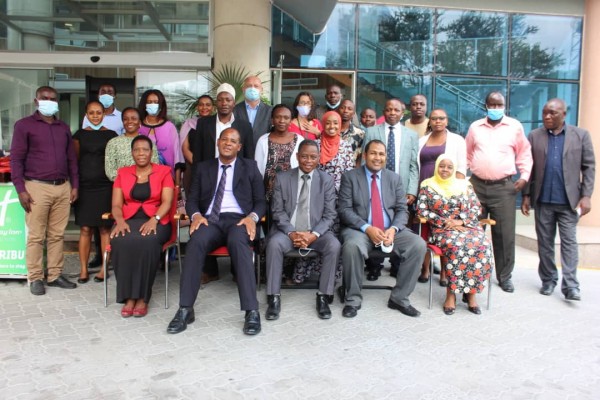
Report on the Third Multi-Stakeholder Conference on Business and Human Rights in Tanzania
February 27, 2021This report presents a summary of the outcomes of the Third Multi-stakeholder Conference on Business and Human Rights in Tanzania which was held in Dar es Salaam, Tanzania on the 17th of February 2021, at Holliday Inn Hotel. The conference was part of the project “Improving, monitoring, research and dialogue on business and human rights in Tanzania”, which aims at building local and
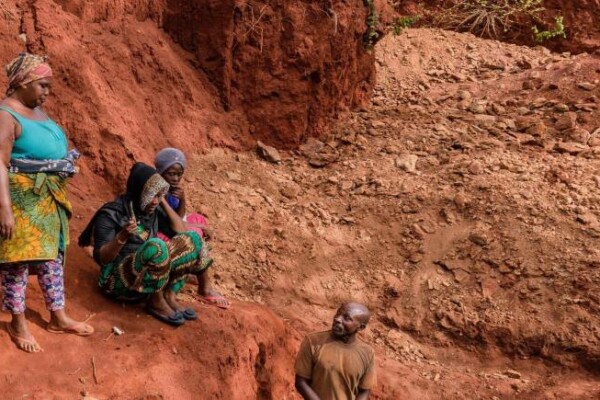
The mining sector in Tanzania, Delve Country Profile
November 19, 2020In partnership with Delve, IPIS produced a profile of the ASM sector in Tanzania. The Country Profile compiles information on the mining governance framework, provides data on key ASM minerals and analyses the contribution of artisanal mining to the SDGs.
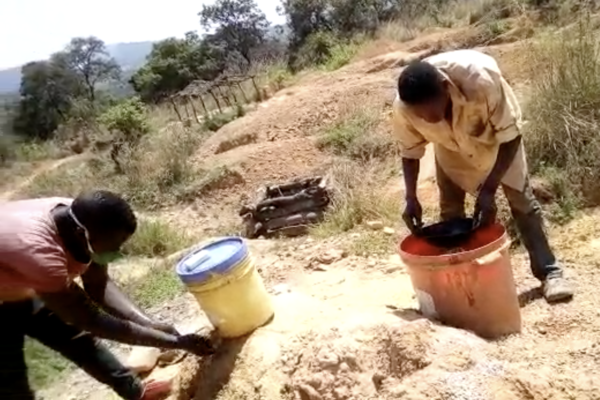
The impact of Covid-19 on artisanal mining communities in northern Tanzania
August 4, 2020Since the outbreak of the COVID-19 pandemic, IPIS closely monitors the impact of the pandemic on 3T+G mines and national supply chains in Tanzania, the Central African Republic (CAR) and the DR Congo. Through structured quantitative and qualitative data collection, IPIS measures the impact on a large amount of mining sites. IPIS is working through its long-established network of local surveyors wh
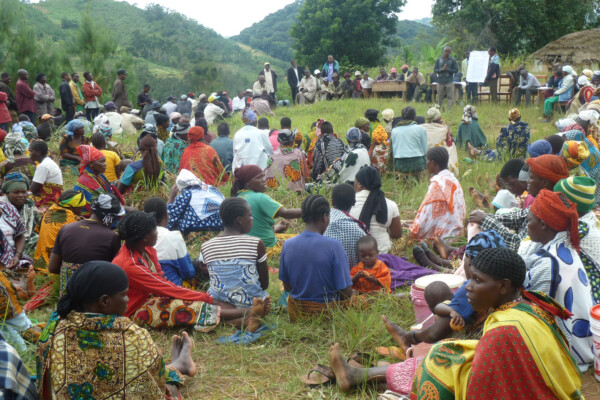
Voices from Tanzania – Land rights and environment: Case studies on Business & Human Rights
June 15, 2020The second volume of “Voices from Tanzania” presents four cases studies that focus on “land rights and environment”. Download this publication in pdf Pakua muhtasari kwa kiswahili The studies are conducted by Tanzanian civil society organisations Lawyers’ Environmental Action Team (LEAT) , HakiArdhi (the Land Rights Research and Resources Institute), Tanzania Women Empowerment in Action (TAWEA) a
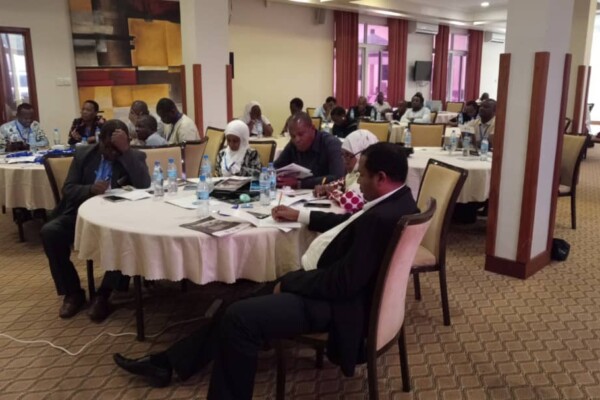
Second multi-stakeholder dialogue on Business and Human Rights in Tanzania urges focus on “the human rights impact of large infrastructure projects”.
March 24, 2020Dar es Salaam, 18 March 2020 For the second time, Business and Human Rights Tanzania (BHRT), the Tanzanian Commission for Human Rights and Good Governance (CHRAGG) and the International Peace Information Service (IPIS) brought together key stakeholders from civil society, the business community and various government agencies from Tanzania mainland and Zanzibar for an annual multi-stakeholder dial
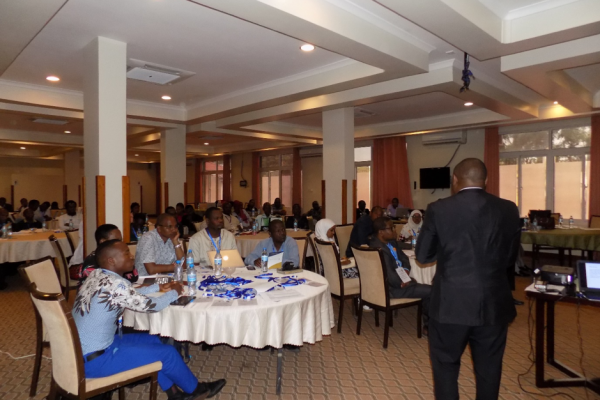
Report on the Second Multi-stakeholder Conference on Business and Human Rights in Tanzania
March 18, 2020This report presents a summary of the outcomes of the Second Multi-stakeholder Conference on Business and Human Rights in Tanzania which was held in Dar es Salaam, Tanzania on the 18th of March 2020, at Seascape Hotel. The conference was part of the project “Improving, monitoring, research and dialogue on business and human rights in Tanzania”, which aims at building local and natio
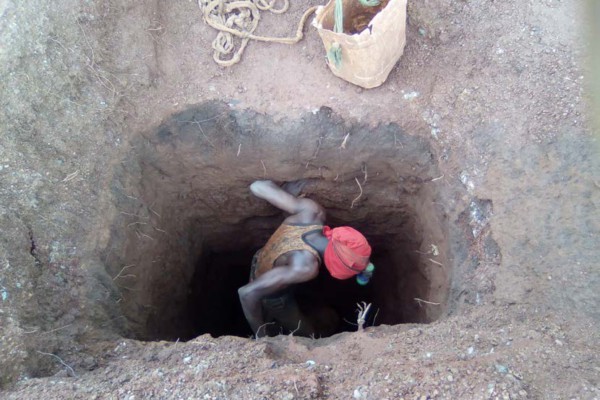
Piloting a digital stakeholder engagement platform for Tanzania’s mining sector: Incident tracking & mobile surveys
October 31, 2019As part of a project on mining and human rights, IPIS undertook a large-scale mobile data collection exercise on operational, socio-economic and human rights aspects of artisanal and industrial mining in northwest Tanzania. Building on this baseline data gathered in the first phase of this project on the nature, scope and impact of artisanal and small-scale mining and local community perceptions o

Dissecting the social license to operate: Local community perceptions of industrial mining in northwest Tanzania
August 28, 2019Discussions on industrial mining often revolve around the sector’s contribution to domestic revenue generation. The local impact on the rural communities wherein most of these companies operate receives much less attention. To bring the voices of these communities to the centre of the debate, IPIS conducted surveys on community perspectives in 32 villages nearby six industrial mines in northwest T
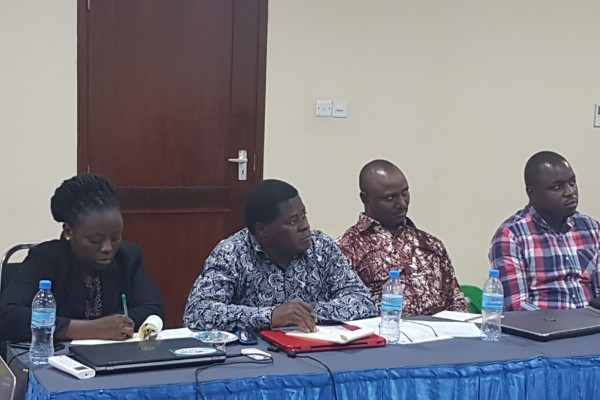
Launch of the second “Voices from Tanzania” series: Business and Human Rights studies with a focus on land rights and environment
July 31, 2019In 2019, Business and Human Rights Tanzania (BHRT), the Tanzanian Commission of Human Rights and Good Governance (CHRAGG) and the International Peace Information Service (IPIS) will collaborate again with Tanzanian civil society organisations in its partner series “Voices from Tanzania”. In its the first volume , the “Voices from Tanzania” publication covered a diverse range of human rights topics
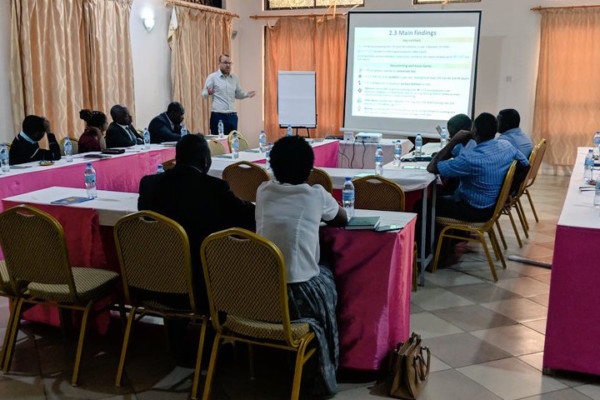
Data sharing on the socio-economic and human rights impact of mining in Tanzania
May 15, 2019Tanzania, May 2019 Since January 2017, IPIS has been working on a project to map the socio-economic and human rights impact of mining in northwest Tanzania. This project is supported by the Belgian development cooperation under a programme on human rights and digitisation. By using mobile technologies such as mobile data collection, GIS mapping, mobile incident reporting and phone surveys throug
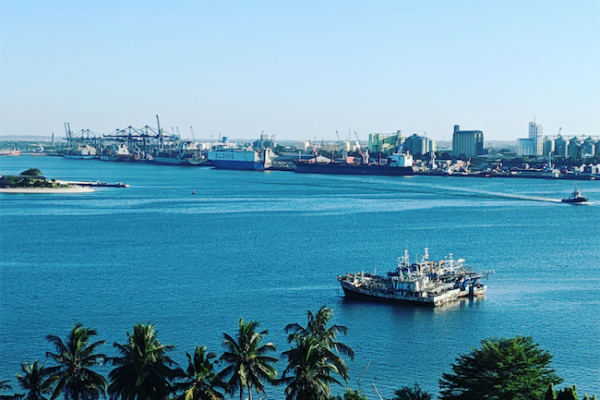
Voices from Tanzania – Case studies on pertinent corporate human rights issues in Tanzania
April 24, 2019“Voices from Tanzania – case studies on Business and Human Rights (Volume 1)” presents five studies on pertinent corporate human rights issues in Tanzania as conducted by Business and Human Rights Tanzania (BHRT), the Commission for Human Rights and Good Governance (CHRAGG), Governance Links Tanzania, the Legal and Human Rights Centre (LHRC) and IPIS’ project manager in Tanzania. The case studies

